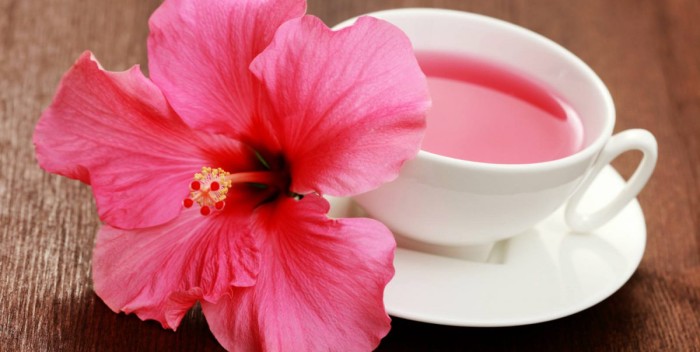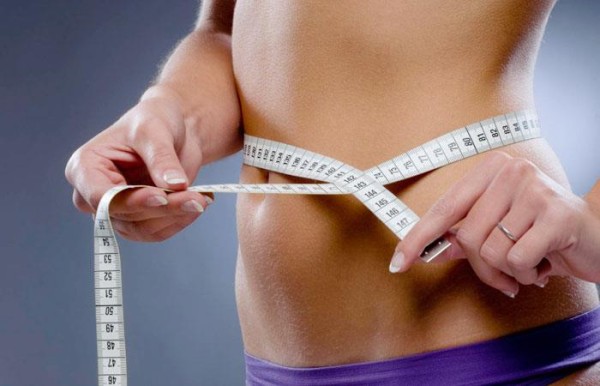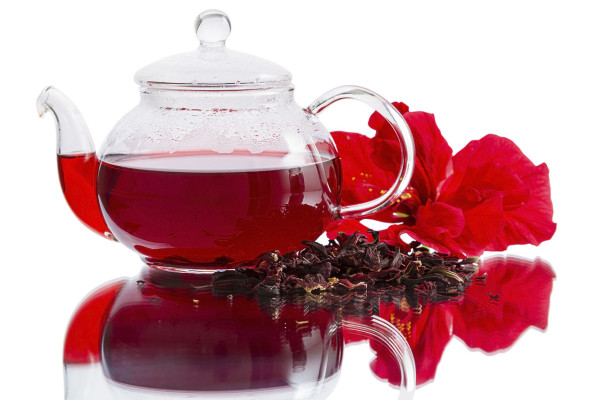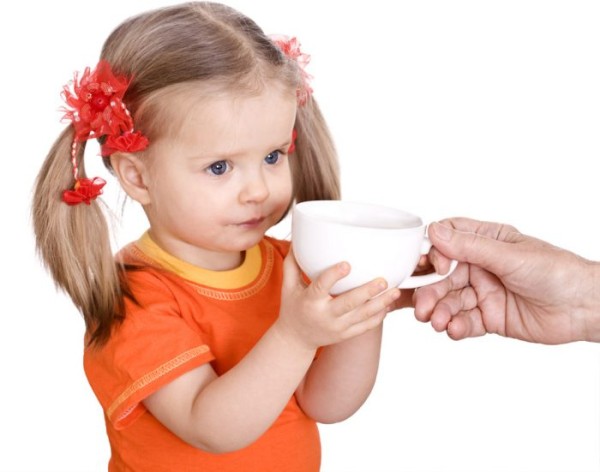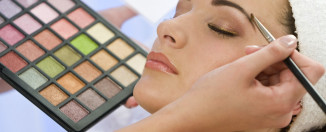Hibiscus tea: benefits, harms contraindications
A drink with a rich red color and light sourness, made from hibiscus flowers, appeared in the diet of Russians relatively recently. A plant with beautiful flowers, which are dried for tea, grows in tropical countries: Egypt, Malaysia, Hawaii. The leaves of the plant are used to make salads. The unique properties of the drink have been known for a long time; in ancient times it was considered an effective remedy for the treatment of many diseases. It contains vitamins B, P, C, useful acids: malic, tartaric, citric, anthocyanins and pectins, as well as essential amino acids. But not everyone is shown to use the drink. Let us consider in more detail its effect on the body, contraindications and brewing methods.
Content
Useful properties of hibiscus
The drink has a tonic, invigorating effect on the body. Other beneficial properties of hibiscus tea:
- The drink contains antioxidants that have the ability to remove toxins, weaken the action of free radicals, and rejuvenate the body. Antioxidants remove carcinogens, which is the prevention of cancer.
- Organic fatty acids in the drink help cleanse blood vessels from cholesterol, break down fats, and reduce weight.
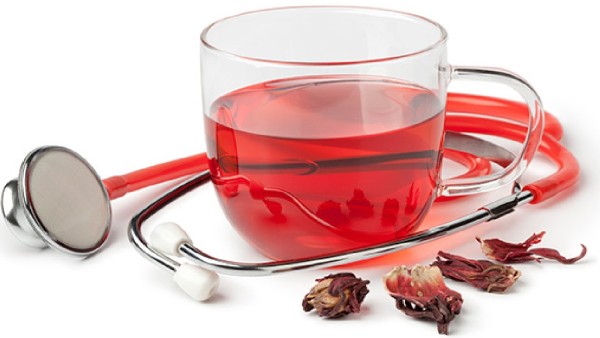
- The special substance quercitin has a strengthening effect on the eye muscles, relieves eye fatigue and improves vision.
- A large number of different vitamins improves metabolic processes in the body, reduces stress and depressive moods, increases vitality.
- The brewed leaves are used for the preparation of cosmetic masks, wraps, hair balms.
- Despite the sour taste, the drink has a calming effect on the gastrointestinal tract for heartburn, indigestion.
- Hibiscus is allowed to be consumed by people suffering from diabetes.
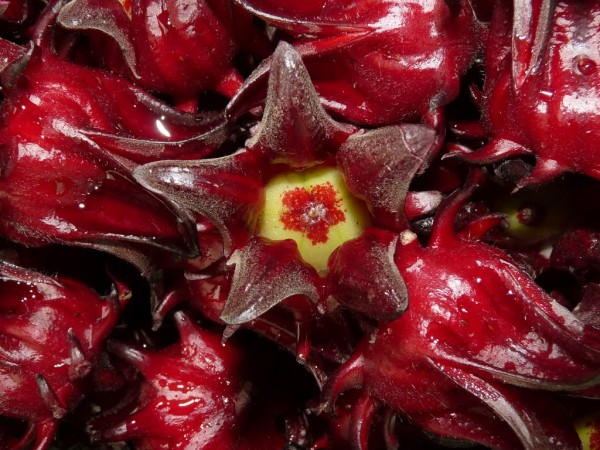
- The drink has choleretic and diuretic properties. Used in moderation, it removes excess water and reduces puffiness.
- Anthocyanins, which color tea red, strengthen the capillary walls. The drink is recommended to be taken in case of diseases of the cardiovascular system.
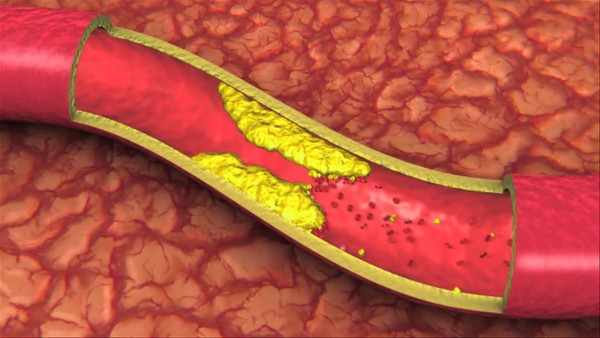
- Boiled hibiscus flowers reduce the temperature for colds.
- The drink, drunk in the morning after the holiday, reduces the hangover syndrome, removes the decay products of alcoholic alcohols.
We have listed only the main beneficial properties, but in combination with other products, hibiscus has a versatile effect on the body in a positive way.
Hibiscus harm
Even the most useful product, if consumed excessively, can harm the body. Therefore, tea should be consumed in moderation, making sure that there is no individual intolerance.
Like all drinks with acids, it negatively affects the tooth enamel, so it is recommended to drink it through a straw. Afterwards, it is advisable to rinse your mouth with water.
If you suffer from low blood pressure, regular drinking can be harmful to your health. Therefore, when starting to drink hibiscus, watch its effect on your body.
Pregnant and lactating women should not consume the drink. 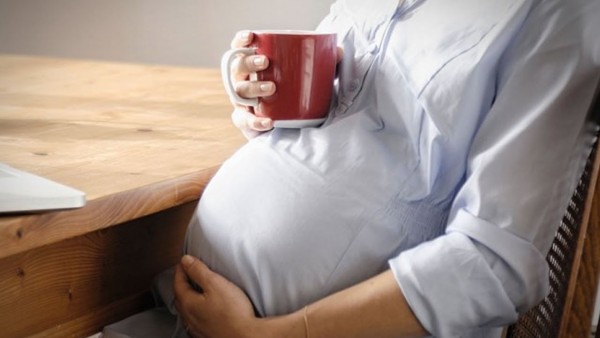 Hibiscus can affect hormonal levels. In addition, the red infusion sometimes causes allergic reactions that negatively affect the baby.
Hibiscus can affect hormonal levels. In addition, the red infusion sometimes causes allergic reactions that negatively affect the baby.
Hibiscus contains many acids, it increases the acidity of the stomach. With gastritis in an exacerbated or chronic form, the infusion increases pain.
Contraindications to hibiscus
When using hibiscus infusion, it is important to know its contraindications:
- Hypotension.
- Before the upcoming prolonged physical activity. Some people get dizzy after consuming hibiscus.
- When using oral contraceptives, and for women on hormone replacement therapy. Infusion affects the production of estrogen.
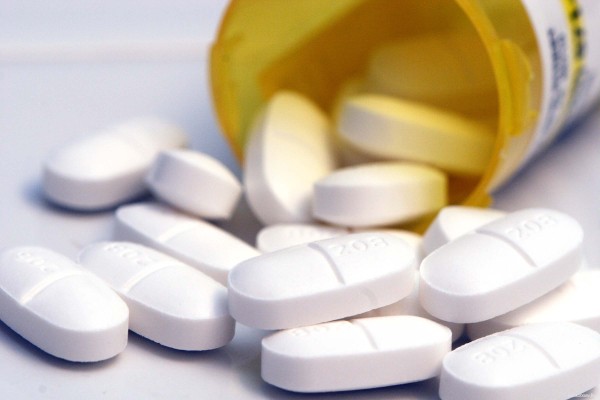
- Peptic ulcer, gastritis with high acidity.
- In the presence of chronic diseases of internal organs in the active stage: pyelonephritis, urolithiasis, the presence of stones in the gallbladder.
When using drugs to lower blood pressure, anticancer drugs, paracetamol, it is better to refuse hibiscus. Infusion can enhance the effect of medications, which will negatively affect health.
Hibiscus increases or decreases blood pressure
American researchers conducted an experiment in which a group of people with high blood pressure regularly consumed hibiscus infusion. As a result, after 1.5 months they had a decrease in pressure up to 15%. Observations have confirmed the hypothesis of the hypotonic effect of the infusion of hibiscus flowers. 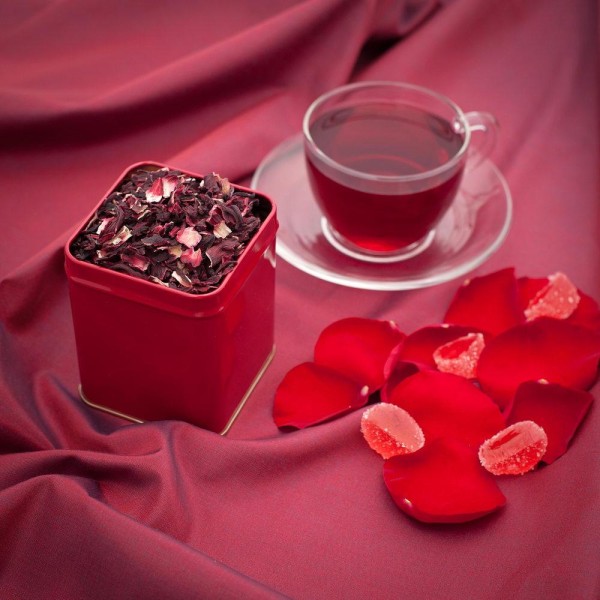
At the same time, there is an opinion that a cold infusion lowers the pressure, and a hot one increases it. The effect of the drink on a specific organism must be checked empirically.
Slimming hibiscus
The infusion of hibiscus flowers contains amylase inhibitors, including phaseolamine. They are able to break down complex sugars, reduce the absorption of fats and carbohydrates. When these substances are consumed, weight loss without losing protein mass.
Hibiscus improves metabolism, has a mild laxative and diuretic effect. It contains electrolytes of calcium, potassium, vitamin C. As a result of regular use of the infusion, bloating disappears, the intestines are cleansed of toxins. Plant antioxidants strengthen the vascular system, lower blood pressure, and help get rid of fats. A person feels better with active physical activity.
The effectiveness of its use for weight loss is also due to the presence of bioflavonoids - proanthocyandins, which are found in grape seeds. They improve blood circulation, protect cells from free radicals. After several months of regular consumption of the drink, metabolic processes are normalized, appetite decreases, the amount of fat decreases.
How to brew hibiscus
It is important to use soft, clean water when brewing. Do not use metal or aluminum dishes. Better to brew in ceramic, glass and porcelain containers.
Basic recipes for brewing infusion:
- At night, a handful of dry petals are poured with cold water, soaked in a bowl. In the morning, the mixture is brought to a boil over low heat, boiled for no more than 5 minutes. After cooling down add sugar and use.
- 1 tbsp. l. hibiscus is poured with boiling water and kept on high heat for 3 minutes. The drink is drunk hot with lemon and honey, it warms up perfectly.
- In a ceramic teapot 2 tbsp. petals are poured with boiling water and insisted for 10-15 minutes. Further, the infusion is drunk in a diluted form.
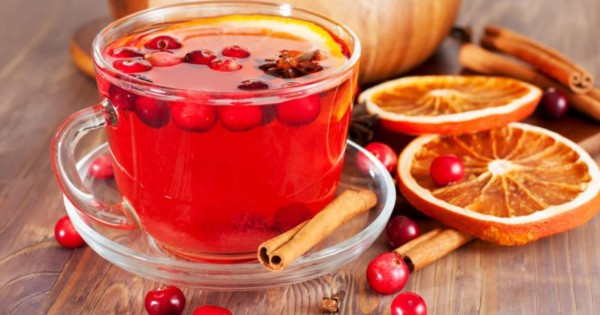
- Place 2-3 tsp in a copper turk. petals, pour cold water and place in hot sand or on slow fire. Withstand 5 minutes, drink hot or cold.
To preserve the beneficial substances as much as possible, you can brew the infusion in an unusual way. Dry hibiscus petals are finely crumbled, then wrapped in a thin cloth or gauze. The ends of the patch are tied, inside a bag with hibiscus is obtained. It is placed in a glass jug of cold water. For infusion, the jug is placed in the sun and kept for 6-8 hours. Sugar, honey, lemon are added to the hibiscus before use.
How to drink hibiscus
The brewed drink is consumed cold or hot. To improve the taste, honey, sugar, syrups, lemon are added to it. Hibiscus infusion can be the basis for punches, cocktails, compotes. Despite the high usefulness, you should not drink hibiscus in liters. 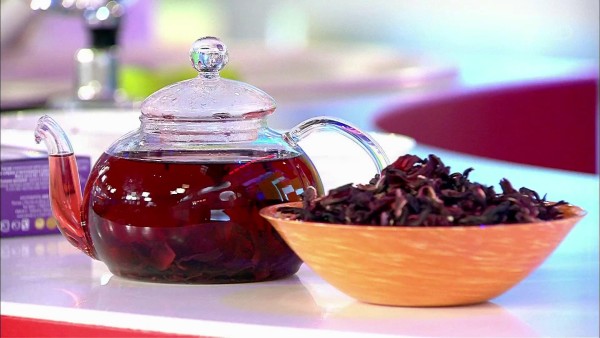 3 glasses of drink a day are enough to enjoy drinking and replenish the supply of vitamins in the body. If you care about dental health, then drink the drink through a straw, and then rinse your mouth with water.
3 glasses of drink a day are enough to enjoy drinking and replenish the supply of vitamins in the body. If you care about dental health, then drink the drink through a straw, and then rinse your mouth with water.
Is it possible for hibiscus children
It is strongly not recommended to give a hibiscus to a nursing baby. A red drink can cause allergies or digestive upset. An older baby can be given a little drink, but it is better not to do this until the child reaches the age of three.
The drink contains many tannins that reduce appetite. The child needs to get a lot of food, so a poor appetite is undesirable for him. In addition, bioflavonoids and amylases reduce the absorption of fats, which are essential for the brain during childhood. Hibiscus has a tonic effect on the body, it can provoke in children increased excitability, poor sleep, nervousness and restlessness.
It is necessary to introduce the drink into the child's diet gradually, observing the reaction of his body.
Hibiscus is a source of many vitamins, amino acids and minerals. Moderate use of the drink, taking into account contraindications, can benefit the body, especially during the period of vitamin deficiency, the autumn-winter period.
